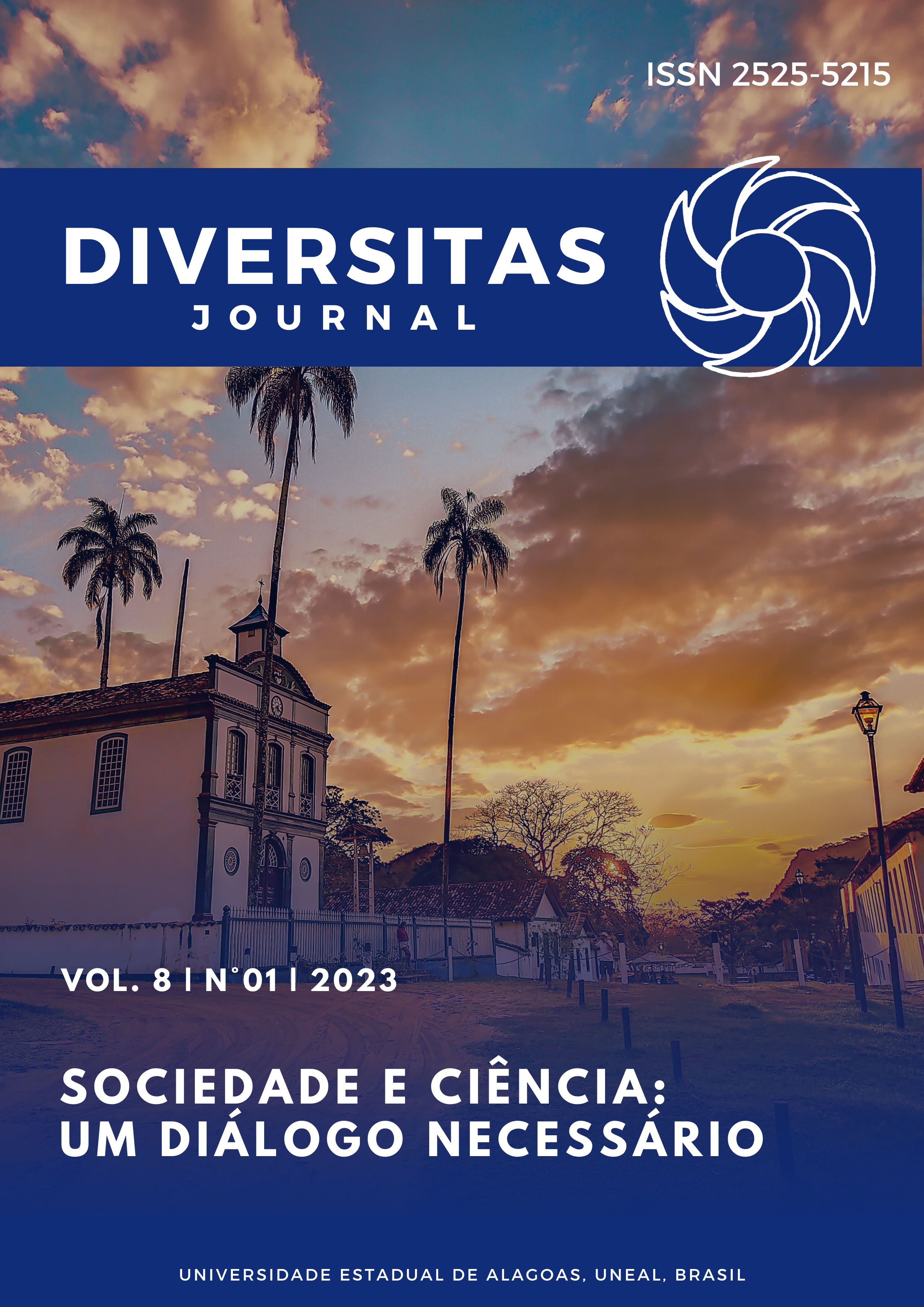Logistical Support to Military Organizations of the Brazilian Navy through Coastal Navigation:
Analysis of a Pilot Test with the SAPEVO-M Method
DOI:
https://doi.org/10.48017/dj.v8i1.2379Keywords:
Multicriteria Decision Aid. Logistics; Transport.Abstract
ABSTRACT
The Brazilian Navy (MB) has military organizations distributed throughout the national territory, both in the coastal zone and in the most inland areas of the country. Headquartered in Rio de Janeiro, it is necessary to provide logistical support to the most distant units through the provision of dry and refrigerated items in addition to those purchased in the local market. In order to evaluate the use of cabotage navigation as an alternative to exclusively road transport for large consolidated cargo, the article aims to use the SAPEVO-M method to choose the location to be used in the pilot test. The methodology used is exploratory in character through a case study. Four locations (Amazonas, Bahia, Ceará and Santa Catarina) were compared using logistical criteria. For the interview, three Officers from the Brazilian Navy (MB) were selected, all of them with experience in logistics and cargo transportation. The work contributes to society in terms of reducing public spending, mitigating the impact on the environment. In addition, it contributes to the academy by presenting the use of a relevant multicriteria decision support method in a case study.
Keywords: SAPEVO-M. Sapevoweb. Multicriteria Decision Aid. Logistics; Transport.
Metrics
References
ANTF. (2012). Associação Nacional dos Transportadores Ferroviários. Balanço do Transporte Ferroviário de Cargas 2012. Disponível em: http://www2.antf.org.br/antf/images/stories/intermodal2013/balanco-do-transporte-ferroviario-de-cargas-2012.pdf Acesso em: 02 ago. 2020.
Assis, L.(2019). Logística e Gestão da Cadeia de Suprimentos. Aula 2. 58 slides.
Ballou, R. (2006). Gerenciamento da Cadeia de Suprimentos/Logística Empresarial. Tradução Raul Rubenich. 5.ed. Porto Alegre: Bookman, 2006.
BRASIL. (1993). Lei 8.666, de 21 de junho de 1993. Regulamenta o art. 37, inciso XXI da Constituição Federal, institui normas para licitações e contratos da Administração Pública e dá outras providências. Diário Oficial da República Federativa do Brasil, Brasília, DF, 22 jun. 1993.
Meixell, M. e Norbis, M. (2008). A review of the transportation mode choice and carrier selection literature. The International Journal of Logistics Management, Vol. 19 Iss: 2 pp. 183 – 211.
Keedi, S. (2020). Transportes, Unitização e Seguros Internacionais de Carga. 8ª Edição. São Paulo: Aduaneiras.
Silvino, V. e Assis, L. (2018). Avaliação do Potencial do Porto do Açu soba Ótica de Porto Concentrador de Cargas na Movimentação de Contêiner. In: 27º Congresso Internacional de Transporte Aquaviário, Construção Naval e Offshore, Rio de Janeiro.
Teixeira, L., Santos, M. e Gomes, C.(2020). Proposta e Implementação em Python do Método Simple Aggregation of Preferences Expressed by Ordinal Vectors - Multi Decision Makers: Uma Ferramenta Web Simples e Intuitiva para Apoio à Decisão Multicritério. In: XIX Simpósio de Pesquisa Operacional e Logística da Marinha, Rio de Janeiro.
Teixeira, L., Santos, M. e Gomes, C.(2018).. SapevoWeb Software (v.1). Disponível em: <http://www.sapevoweb.com> Acesso em: 22 jul. 2020.
Downloads
Published
How to Cite
Issue
Section
License
Copyright (c) 2022 Vinícius Carvalho Soares, Carlos Francisco Simões Gomes, Marcos dos Santos, Renato Santiago Quintal

This work is licensed under a Creative Commons Attribution 4.0 International License.
The Diversitas Journal expresses that the articles are the sole responsibility of the Authors, who are familiar with Brazilian and international legislation.
Articles are peer-reviewed and care should be taken to warn of the possible incidence of plagiarism. However, plagiarism is an indisputable action by the authors.
The violation of copyright is a crime, provided for in article 184 of the Brazilian Penal Code: “Art. 184 Violating copyright and related rights: Penalty - detention, from 3 (three) months to 1 (one) year, or fine. § 1 If the violation consists of total or partial reproduction, for the purpose of direct or indirect profit, by any means or process, of intellectual work, interpretation, performance or phonogram, without the express authorization of the author, the performer, the producer , as the case may be, or whoever represents them: Penalty - imprisonment, from 2 (two) to 4 (four) years, and a fine. ”


















